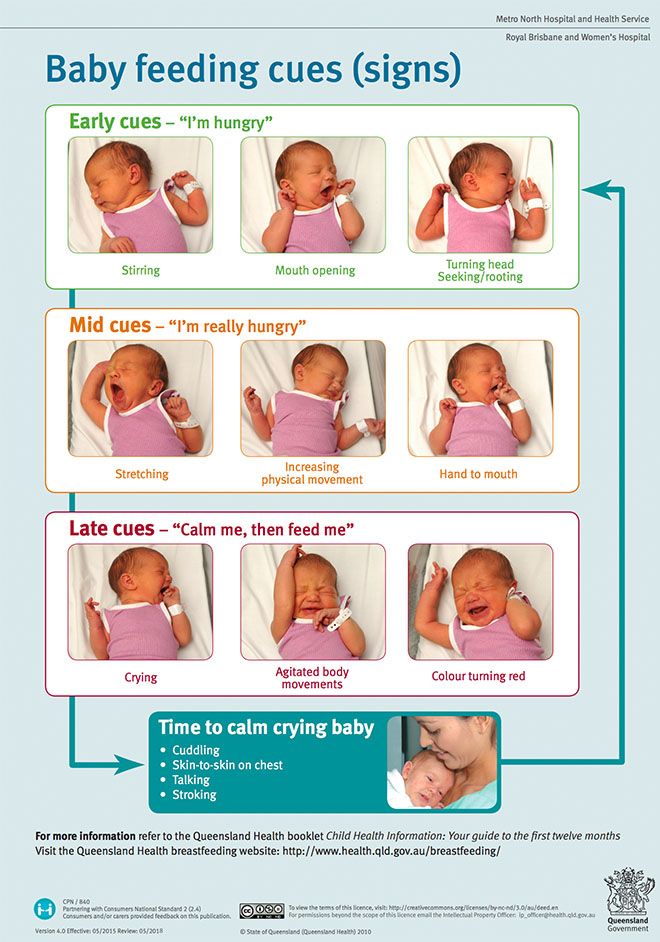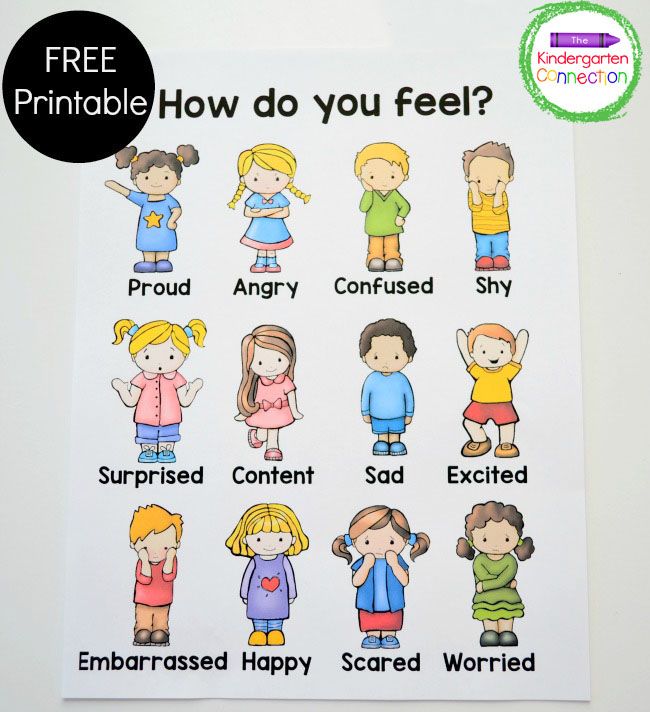How to avoid power struggles with your child
10 ways to defuse a power struggle
Photo: @princessandpotato via Instagram
1. Connect firstPower struggles often happen because your child doesn’t feel like you’re on the same team. Do some power struggle prevention each morning by spending time—even just five minutes—connecting: snuggling, tickling, roughhousing, colouring or reading together are all great options.
2. Let them tryAnother prevention technique is to let your child take charge of as many of his or her own activities as possible. Kids often get riled up and start a power struggle when they feel they’ve been told what to do too many times.
3. Back offRemember that it takes two to battle. Parents can actually just decide to not get pulled into an argument! Ask yourself, Do I really NEED to let this bother me? Make a conscious decision that you don’t need to win this struggle.
4.Take a deep breath, count from 11 to minus one by twos to engage your thinking brain, restore yourself to a calm state and try to see life through your child’s eyes. Summon all the warmth and presence you can.
5. Define the goalConsider what you need to do, like getting out the door on time or inspiring your child to practice his or her piano. Once you are clear on what is important, clarify that with your child. Try this: “Our focus needs to be on leaving before 8:30 a.m.”
6. Consider the optionsThink about a few different ways to achieve the goal. Is it time to be goofy, playful, have a race, offer a hug, use some trickery (“Have you heard the story of the girl with the purple hair? I’ll tell it to you when we’re in the car!”) or ask your kid for help. For example, “We’ve got a problem: We’re getting really close to being late. What should we do?”
7.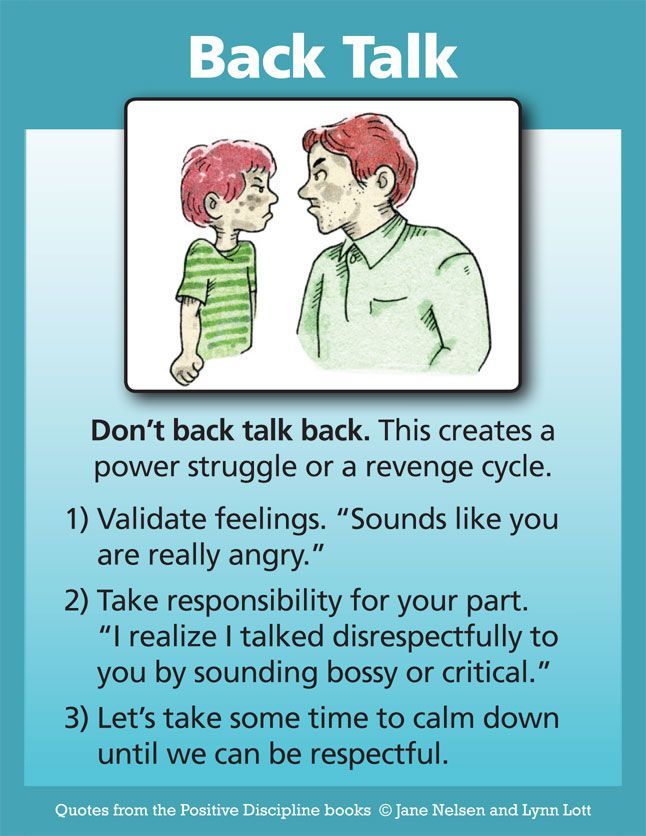 Provide choices
Provide choicesChildren often feel more empowered when they have some sense of control within an uncontrollable situation. With your goal in mind, think of two or three possible choices that still accomplish that goal. For example, “We need to leave now. Are you going to put your shoes on or would you like me to help? Your decision.” For an older child: “I know you’re not feeling like doing piano right now. What are some ways you might feel ready to do that? Do you like to have a fun thing waiting for you afterwards, or do you want to start by playing music you love that isn’t on the teacher’s list?”
8. Repeat the solution Keep connecting, listening and trying things until a solution arises. After your child has made a decision that works, smile, nod and say it back to him or her. Try something like this: “All right! You’re going to do half an hour of piano—I’ll set the timer—and then we can watch some Netflix together. Sounds great!”
Sounds great!”
“I appreciate that you helped me solve our problem this morning. Thank you.”
10. Reinforce capabilityDemonstrate that you believe your child is a capable human. Try using “I see yous,” such as, “I saw you push through something you didn’t want to do—that takes grit” or “You CAN put your shoes on by yourself!”
FILED UNDER:
ParentingKidsparenting advice
Avoid Power Struggles | Parenting
Sign Up for Our Newsletter
by Jane Nelsen
Power struggles create distance and hostility instead of closeness and trust. Distance and hostility create resentment, resistance, rebellion (or compliance with lowered self-esteem). Closeness and trust create a safe learning environment. You have a positive influence only in an atmosphere of closeness and trust where there is no fear of blame, shame or pain.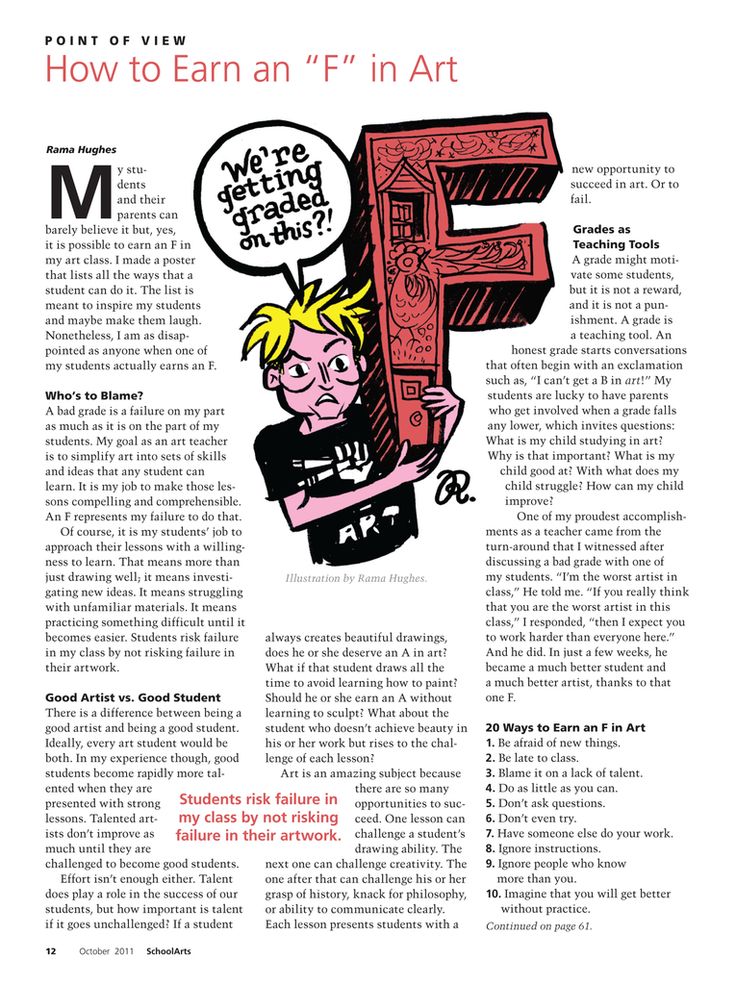
I have never seen a power drunk child without a power drunk adult real close by. Adults need to remove themselves from the power struggle without winning or giving in. Create a win/win environment. HOW? The following suggestions teach children important life skills including self-discipline, responsibility, cooperation and problem-solving skills—instead of "approval junkie" compliance or rebellion.
- Decide what you will do. "I will read a story after teeth are brushed." "I will cook only in a clean kitchen." "I will drive only when seat belts are buckled." (I will pull over to the side of the road when children are fighting.)
- Follow Through. The key to this one and all of the following is KINDNESS AND FIRMNESS AT THE SAME TIME. (Pull over to the side of the road without saying a word. Children learn more from kind and firm actions rather than words.)
- Positive Time Out. Create a "nurturing" (not punitive) time out area with your child.

- Distraction for Young Children and lots of supervision. Punishment decreases brain development. Children are often punished for doing what they are developmentally programmed to do—explore. (Please read Positive Discipline for Preschoolers.)
- Get children involved in the creation of routines (morning, chores, bedtime). Then the routine chart becomes the boss.
- Ask what and how questions: "How will we eat if you don't set the table?" "What is next on our routine chart?" "What was our agreement about what happens to toys that aren't picked up?" "What happened?" "How do you feel about what happened?" "What ideas do you have to solve the problem?" (This does not work at the time of conflict, nor does it work unless you are truly curious about what you child has to say.)
- Put the problem on the family meeting agenda and let the kids brainstorm for a solution.
- Use ten words or less.
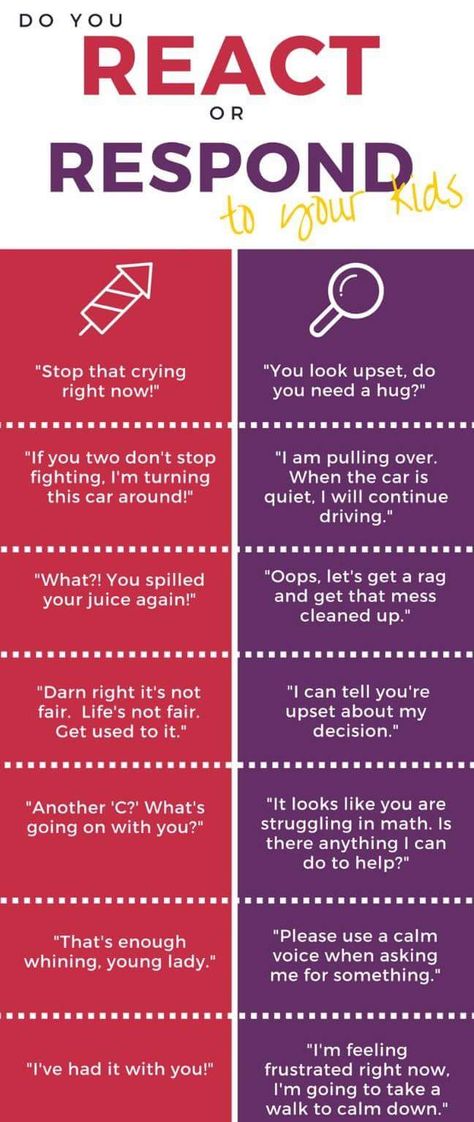 One is best: Toys, Towels, Homework. (Sometimes these words need to be repeated several times.)
One is best: Toys, Towels, Homework. (Sometimes these words need to be repeated several times.) - Encourage cooperation. Say, "I can't make you, but I really need your help."
- No words: Use pantomime, charades, or notes. A loving "nice try" look.
- Non-verbal signals. These should be planned in advance with the child. An empty plate turned over at the dinner table as a reminder of chores that need to be completed before dinner; a sheet over the television as a reminder that homework needs to be done first or that things need to be picked up in the common areas of the house.
- Use reflective listening. Stop talking and listen. Try to understand not only what your child is saying, but what she means.
- Limited choices: "Do you want to do your homework before dinner or after dinner?" "Do you want to set the table or clean up after dinner?"
- Make a "Wheel of Choice" together.
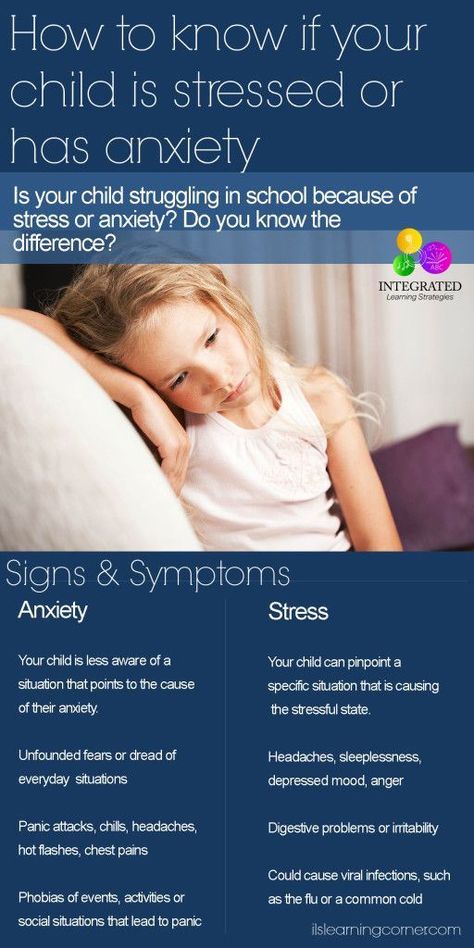 Draw a big circle and divide into wedges. Brainstorm lots of solutions to problems. Draw illustrations for each solution. During a conflict, invite child to pick something from the wheel.
Draw a big circle and divide into wedges. Brainstorm lots of solutions to problems. Draw illustrations for each solution. During a conflict, invite child to pick something from the wheel. - Create a game: Beat the clock or sing songs while getting chores done.
- Do it WITH them. You may even want to go to the positive time out area with them.
- Use your sense of humor: Here comes the tickle monster to get little children who don't pick up their toys. This creates closeness and trust and can be followed by one of the above.
- HUGS! HUGS! HUGS! A hug is often enough to change the behavior—theirs and yours.
90,000 3 ways to avoid power struggles with your kids!
From the moment of birth, children become increasingly independent. As they grow, they walk a tightrope between needing us and wanting our every attention, and push us away.
Part of this growing independence tells us no.
It doesn't have to be bad, though... Just because a child experiences limitations, refuses to obey, and says no, doesn't mean you have to find yourself in a grueling cycle of constant power struggles. nine0003
Unlike many of the problems associated with having small children (tantrums, tears, constantly changing sleep patterns, etc.), power struggles are largely preventable for one simple reason: a child cannot fight for power on their own. Requires two people.
It doesn't mean it's your fault if you're experiencing a power struggle with your child, but it does mean that there are things you can do to break the cycle.
Power struggles happen for many reasons. We want to raise well-behaved children and immediately imagine that our child is a troublemaker every time he defiantly tells us “no”.
We want and deserve respect. We work so hard to give our little ones a wonderful childhood, and it may seem that granting our simple request is the least they can do in return.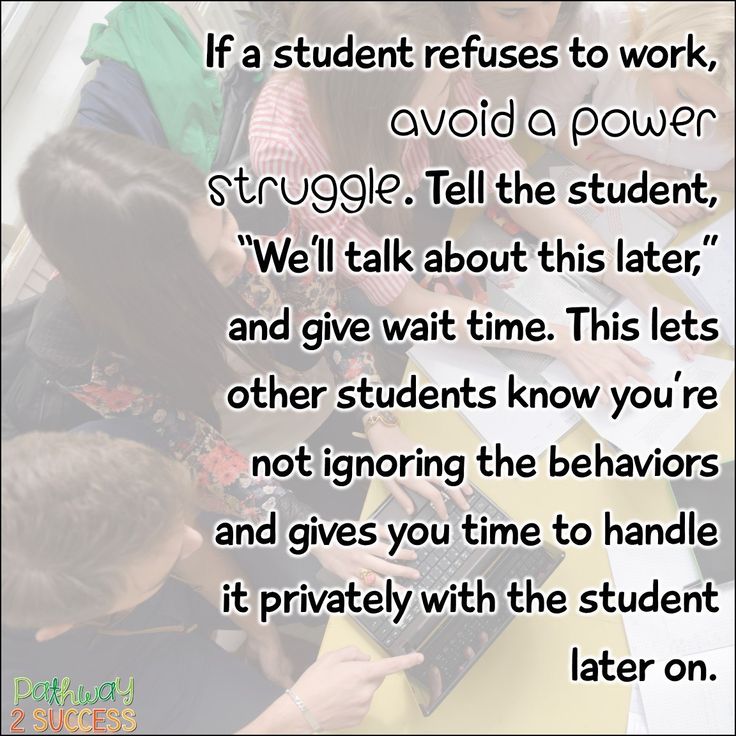
We grew up with an authoritarian parenting style and cannot imagine talking to our parents the way our children sometimes talk to us. nine0003
We want to reason with our children that seems reasonable when we are absolutely right. From your point of view, it's hard not to insist that socks are worn on the feet, it's important to wash your hands, milk tastes better without crackers in it ....
For all these and many other reasons, it is easy to get caught up in a power struggle. Here are three things to avoid the next time you feel a terrible familiar attraction:
- Don't corner him
Let your child save face. You can get what you want without making him feel like he's lost the battle. nine0003
Young children are sensitive to their independence. If they feel cornered in a direct confrontation, they will generally not back down. If you find yourself staring at your child as you repeat your request in an increasingly intense voice, take a breath and find a way to let him save face by continuing to do what you asked.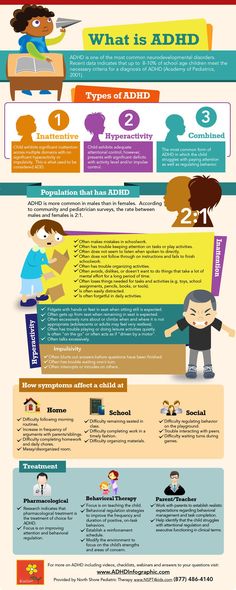
My favorite way to do this is to walk away, let him obey while I'm not looking.
If I ask a child at school to clean something up and he either snaps or refuses, I'll say something like, “I'm going to sharpen these pencils. When I get back, I'll help you clean it up if you're still in trouble. nine0003
The child almost always obeys as soon as I turn my back. He, just like me, is looking for a way out - he simply cannot bring himself to give up. He needs to maintain his autonomy.
Care relieves stress. It takes away the power of his no and gives him a chance to do the right thing without feeling overwhelmed.
- Don't try to reason
Of course, if your child knows that you want him to wear only shoes, you can take him with you to buy ice cream, which he will receive, right? If only it were that easy. nine0003
You cannot reason with someone who comes from an emotional, impulsive place, and trying can often make things worse. Taking the time to explain your thought process and understand why your request is valid can often drag on and escalate tension.
Taking the time to explain your thought process and understand why your request is valid can often drag on and escalate tension.
Instead, be ready to complete the task immediately if your child refuses and you feel a power struggle is starting.
Compare these two scenarios:
Scenario 1
You ask your child to remove his blocks. He screams "no!" And continues to play.
You calmly explain to him that he really needs to put them away now so that you can meet his best friend in time. He yells "no!" again. And smiles at you.
You start to feel annoyed that he makes it so difficult when you try to make him a fun game. You ask again, with the edge of your voice.
He keeps refusing and you are stuck. nine0003
Scenario 2
You are asking your child to remove his blocks. He screams "no!" And continues to play.
You calmly walk up to him and say, “It's time to put them away. I can help. I'll remove the blue cubes. What color will you start with?
By entering right away and making it clear that "no" is not a choice, you take away the power of his refusal.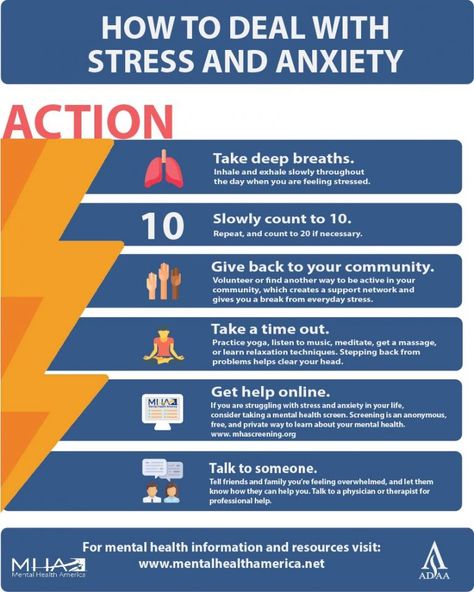 You end the conflict before it even starts. It's much easier to be flippant and helpful if you don't let things escalate to the point where you feel angry. nine0003
You end the conflict before it even starts. It's much easier to be flippant and helpful if you don't let things escalate to the point where you feel angry. nine0003
Taking immediate action prevents you from participating in power struggles. You don't have to join a fight every time your child starts it.
- Don't rely on behavior
For things you really can't control, try letting go.
Some of the most difficult power conflicts come from not being able to physically interfere with your child. This often includes whining, using a bad word, yelling, or making repeated noises that drive you crazy. nine0003
This behavior leads to a power struggle because your child sees that you do not love him and knows that you cannot stop him.
It cannot be said that children are "bad" when they push our "buttons". They are programmed to test limits, and they find our interesting reactions to things like words or sounds. Wow, a small word can be so powerful - it's a discovery that looks like it's worth exploring.
If possible, try to control your reaction when your child is annoyed by something. By minimizing your reaction, you avoid giving it strength. If you don't respond, it's not interesting and your child will quickly move on. nine0003
Power struggles can be very difficult and can create tension in your relationship. You don't want to be afraid to ask your child to get dressed out of fear of his reaction.
Remember that some degree of disobedience is normal and healthy, and try to remain nonchalant about it.
The fact that your child is resisting does not mean that he is misbehaving, rude or rebellious. It simply means that he is figuring out how to be himself, how to make decisions for himself, how to find his place in the world. nine0003
A child in a struggle for power
Not all parents know that almost every child once also tests their parents for strength, tests the boundaries of what is permitted - and this is also a struggle for power.
Attention: not always, if a child does not obey you, he fights with you and fights for power. There are more reasons for problem behavior, most often there are four: attracting attention, the struggle for power, retaliation and fear of failure.
There are more reasons for problem behavior, most often there are four: attracting attention, the struggle for power, retaliation and fear of failure.
How to understand what is the reason for the child's disobedience in this particular case? The main distinguishing feature of the goal of "power struggle" from the goal of "getting attention" is how the child will behave after you make a remark to him. If he immediately stops misbehaving, then he has achieved his goal. He got your attention. But if his behavior becomes even worse, then his goal is a struggle for power. In this case, his look will be defiant, in it you can read something like this: “You may be able to stop me now, but later I will do it my own way anyway!” nine0003
If your children stop listening to you and you cannot influence them in any way, if the preponderance of forces is not in your favor, then it is pointless to continue the battle further, where you continue to lose over and over again.
“Turn off the TV! - says father to Boris.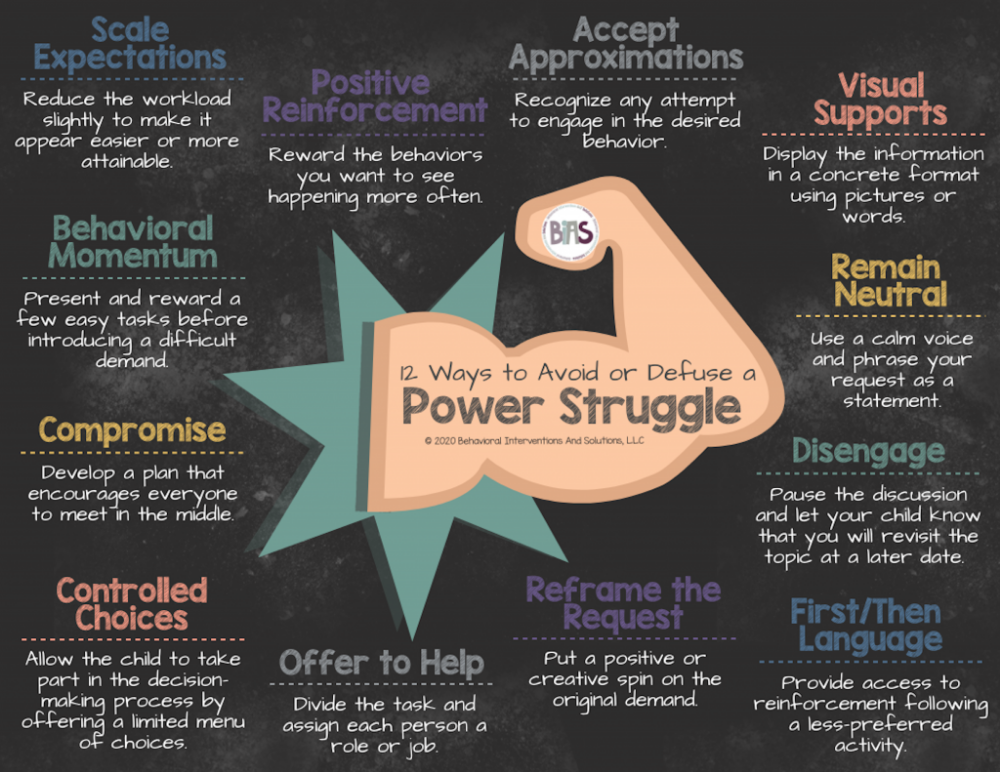 - Time to sleep". “Well, dad, let me watch this program. It will end in half an hour,” Boris replies without turning his head. "No, I said turn it off!" the father demands with a stern expression. "But why? I'll only watch fifteen minutes, okay? Let me watch and I'll never sit in front of the TV until late again, ”objects the son. Dad's face turns red with anger: “Did you hear what I told you? I said to turn off the TV... Immediately!” - ... Here the father boils - and loses. Even if he forces him to submit now, it will be more and more difficult for him to win in this style every next time, as his son accumulates hatred and protest. nine0003
- Time to sleep". “Well, dad, let me watch this program. It will end in half an hour,” Boris replies without turning his head. "No, I said turn it off!" the father demands with a stern expression. "But why? I'll only watch fifteen minutes, okay? Let me watch and I'll never sit in front of the TV until late again, ”objects the son. Dad's face turns red with anger: “Did you hear what I told you? I said to turn off the TV... Immediately!” - ... Here the father boils - and loses. Even if he forces him to submit now, it will be more and more difficult for him to win in this style every next time, as his son accumulates hatred and protest. nine0003
And what to do?
First, about the sad... Most parents are helpless and handless parents, so the most reasonable recommendation for them sounds in minor: if you have brought the matter to a scandal with children, do not fight further. It is better to surrender beautifully without delay than to fight ugly until the final loss.
The main thing here is to surrender gracefully. Like this? For example, implement the principle "If you can't handle it, lead it." For example,
The child wants to be in charge - give him the leadership and direct his command in the direction you need, help the child to express himself positively in this situation. nine0003
A three-year-old child is rowdy in the supermarket, and it is not possible to calm him down - you can try to treat him like a commander and ask him what purchases to do better. At least it's worth a try: sometimes it turns out to be a solution.
In The Joy of Parenting: How to Raise Children Without Punishment, Katherine Kwales writes: "One day, when Tyler was three years old, I went shopping with him at the grocery store at about half past six in the evening. That was my mistake, because we were both tired and I was in a hurry to get home to make dinner and I put Tyler in the grocery cart hoping it would speed up the shopping process. everything I put in there. At first I calmly told him: "Tyler, stop it, please.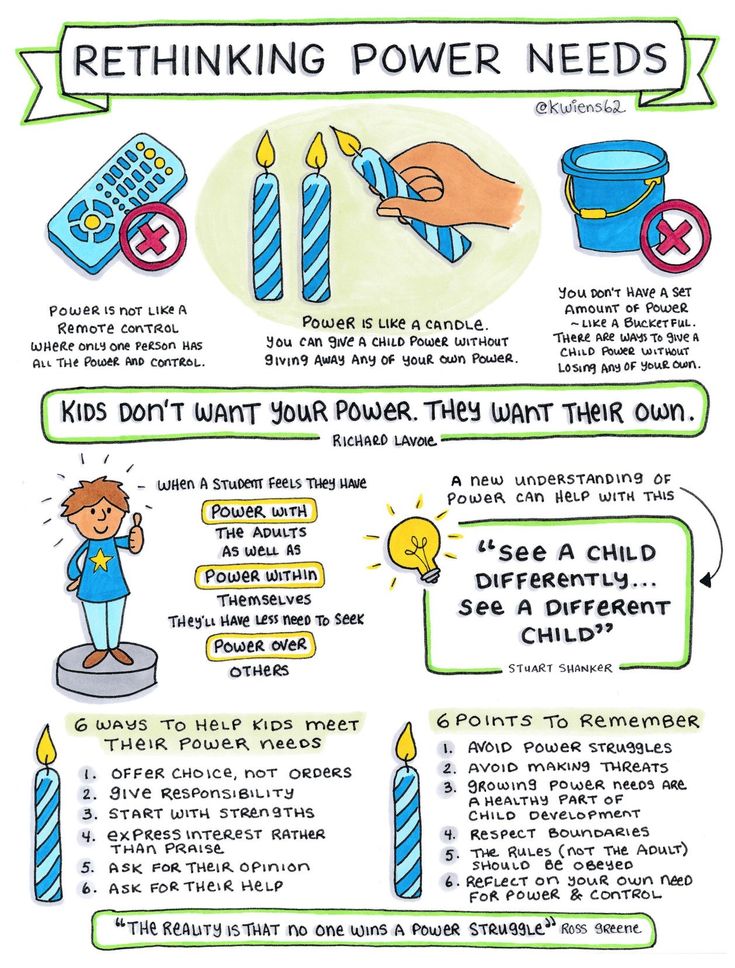 " He ignored my request and continued his work. Then I said more strictly: "Tyler, STOP!" The more I raised my voice and got angry, the more unbearable his behavior became.Moreover, he got to my wallet, and its contents were on the floor.I managed to grab Tyler's hand when he was already lifting a can of tomatoes to throw it on the contents my wallet. In that moment, I realized how difficult it is to restrain myself. I was ready to shake my soul out of him! Fortunately, I realized in time what was happening. I took a few steps back and began to count to ten; this is the technique I use, to reassure myself. As I was counting, it dawned on me that Tyler seemed somehow quite helpless in this situation. Firstly, he was tired, and he was forcibly put into this cold hard cart; secondly, his exhausted mother was running around the store, picking out items he didn't want and putting them in the cart, so I asked myself, "What can I do to make Tyler feel positive in this situation?" I figured the best thing to do would be to talk to Tyler about what we should buy.
" He ignored my request and continued his work. Then I said more strictly: "Tyler, STOP!" The more I raised my voice and got angry, the more unbearable his behavior became.Moreover, he got to my wallet, and its contents were on the floor.I managed to grab Tyler's hand when he was already lifting a can of tomatoes to throw it on the contents my wallet. In that moment, I realized how difficult it is to restrain myself. I was ready to shake my soul out of him! Fortunately, I realized in time what was happening. I took a few steps back and began to count to ten; this is the technique I use, to reassure myself. As I was counting, it dawned on me that Tyler seemed somehow quite helpless in this situation. Firstly, he was tired, and he was forcibly put into this cold hard cart; secondly, his exhausted mother was running around the store, picking out items he didn't want and putting them in the cart, so I asked myself, "What can I do to make Tyler feel positive in this situation?" I figured the best thing to do would be to talk to Tyler about what we should buy.
